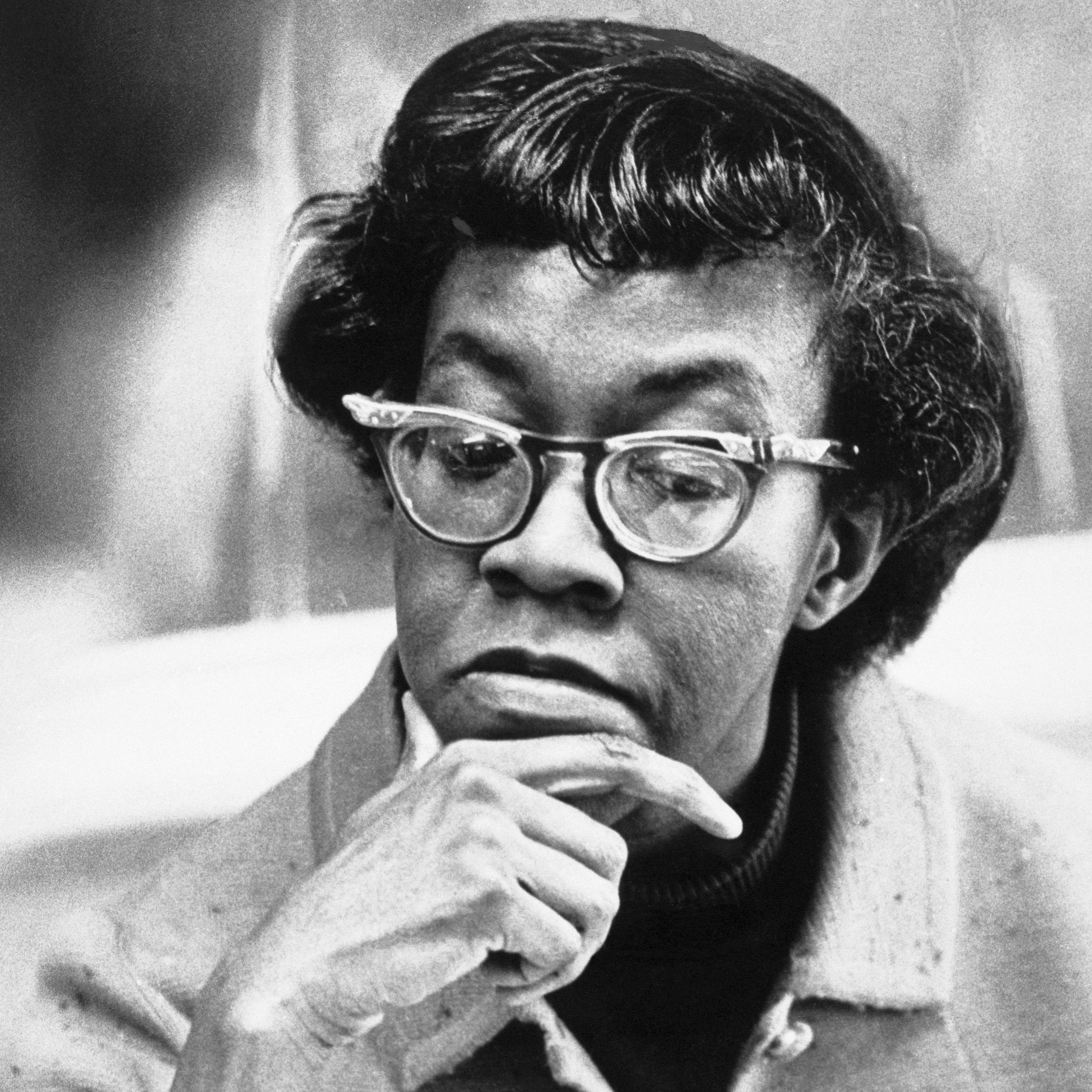That time
we all heard it,
cool and clear,
cutting across the hot grit of the day.
The major Voice.
The adult Voice
forgoing Rolling River,
forgoing tearful tale of bale and barge
and other symptoms of an old despond.
Warning, in music-words
devout and large,
that we are each other’s
harvest:
we are each other’s
business:
we are each other’s
magnitude and bond.
Published:
1970
Length:
Shorty
Literary Movements:
Black Arts Movement
Anthology Years:
2023
2025
Themes:
Friendship
Music & Sports
Politics
Pop Culture
Literary Devices:
Alliteration
the repetition of the same letter or sound at the beginning of words appearing in succession
Allusion
an expression designed to call something to mind without mentioning it explicitly; an indirect or passing reference
Anaphora
a figure of speech in which words repeat at the beginning of successive clauses, phrases, or sentences
End Rhyme
when a poem has lines ending with words that sound the same
Epistrophe
the repetition of a word or phrase at the end of successive clauses
Metaphor
a comparison between two unrelated things through a shared characteristic
Metonymy
replacing the name of a thing with the name of something closely associated

